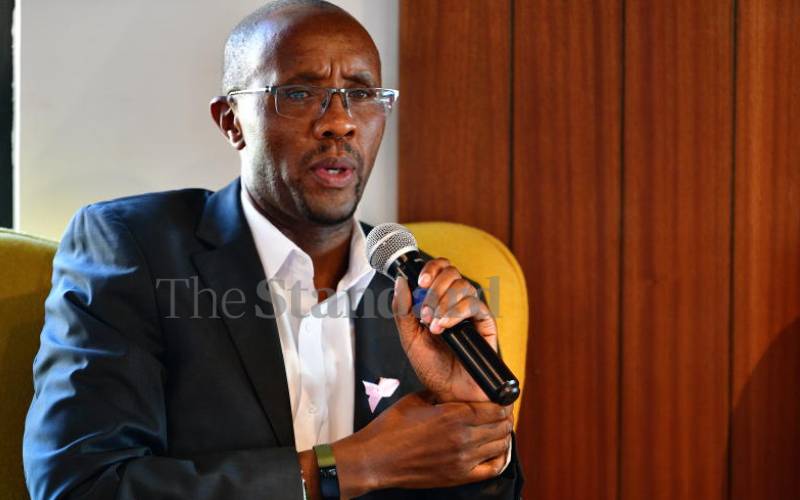×
The Standard e-Paper
Smart Minds Choose Us

Private universities want the law changed to correct what they termed an impression that the government funds them.
Kenya Association of Private Universities (KAPU) officials said they want the law to indicate that the money the state sends to government-sponsored students in private universities is school fees, not development money.